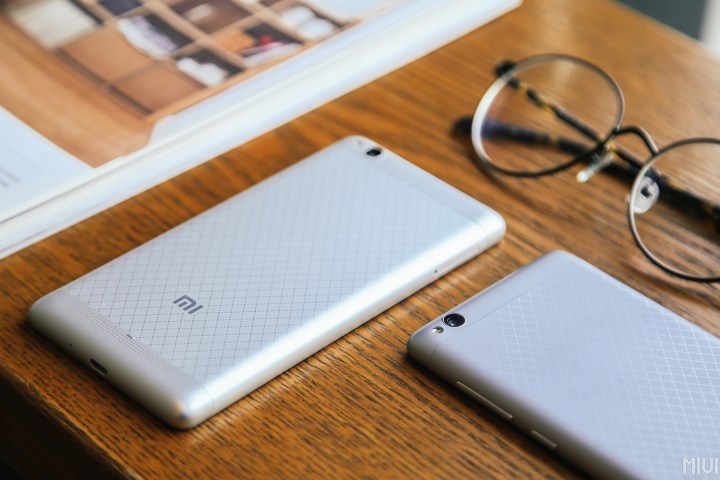
Of course with such monstrous Android figures in the latest report, Apple still ranks highly in terms of individual manufacturers. In fact, it sits just behind Samsung in that respect, with a near 13 percent of the market. That represents a drop of just over 1.5 percent year on year, but it’s still a sizeable chunk.
Samsung however is the king of the hill, with a near quarter share of all smartphones, up from 21.8 percent to 22.3 percent this year. It and Apple represent the only two non-Chinese smartphone manufacturers in the top five. The other three are Huawei, Oppo and Xiaomi.
Related: 5 awesome web browsers for Android
To give this some context, together those five make up more than half of all smartphones sold over the past three months. all the other manufacturers tally up to just 46 percent of the total.
So what’s driving such growth for Chinese firms and the decline in Apple’s fortunes? As always, part of it is the global marketplace expanding into new territories. While Western markets might more easily afford iPhones, it’s harder to justify the price of an iPhone in developing nations. Conversely, lower cost Chinese manufacturers have cleaned up by improving their feature offerings — Oppo, to offer one example, has drawn praise for its anti-shake camera, optimized for selfies.
Regardless of which manufacturer is in charge though, almost everyone is running Android. While Apple’s iOS might still maintain a near 13-percent stake in sales, the third place runner is far, far behind. Windows earned just 0.6 percent of sales in the second quarter of 2016, down from 2.5 percent a year ago. Blackberry’s share has fallen too, dropping to just 0.1 percent.
It seems hard at this point to imagine any other mobile operating system taking a substantial share of the market. Do you ever think something will come along to challenge Android’s dominance?
Editors' Recommendations
- This one thing could make iOS 18 the best iPhone update in years
- Will my phone change for daylight saving time automatically?
- The best iPhone and Android apps for Black History Month 2024
- Google is launching a powerful new AI app for your Android phone
- Apple is updating one of the oldest apps on your iPhone




